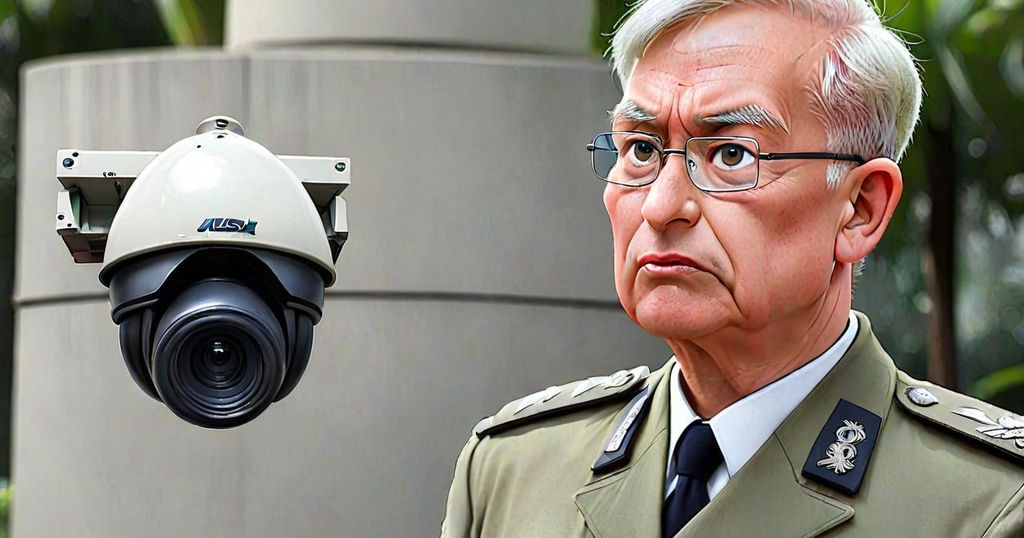The recent eavesdropping incident involving the senior officer of the German Air Force, Brigadier General Frank Gräfe, has garnered significant attention and criticism. The conversations during a work call with his superior, Lieutenant General Ingo Gerhartz, proved to be highly sensitive, including a debated topic about whether Germany should send Taurus cruise missiles to Ukraine. What was intended to be a private conversation turned into a global controversy when the call was intercepted and leaked by Russian spies.
The manner in which this interception occurred has sparked concern. It appears that the leak was a result of human error, with only one participant dialing in on an insecure line, possibly via a mobile phone or hotel Wi-Fi. Although the call was conducted on the widely-used WebEx platform, German authorities have stated that they used an especially secure, certified version. However, utilizing an unsecured network or personal mobile phone made the call vulnerable to interception, as was the case in this operation.
An expert from the Surrey Centre for Cyber Security suggested that spies were likely positioned near the Singapore Air Show, picking up on the local network traffic using long-range antennas and computer programming. This serves as a reminder of the potential risks involved in conducting sensitive communications in an environment where high-level government, military, and industry figures are gathered. The interception was conducted through a fishing exercise, rather than a targeted attack. The leaked tape, released on the same day as opposition leader Alexei Navalny’s funeral, has prompted Russia to deny its involvement, further complicating the situation.
The German government has dismissed claims that the leak indicates systemic failure, emphasizing that they have been at the forefront of providing weapons aid to Ukraine and highlighting the disinformation tactics employed by Russia. However, this unfortunate incident has exposed deep divisions within Germany and has sparked a broader discussion about the country’s defense and security capabilities.
As a result, there is pressure in Berlin to address the vulnerabilities that have been exposed and to ensure that such a security breach does not occur again. The stakes are high, and the repercussions of this incident are far-reaching, necessitating a thorough investigation and a comprehensive review of security protocols to prevent future breaches of sensitive communications. If anything, this situation serves as a wake-up call for stakeholders involved in national security and defense matters, emphasizing the need for the highest standards of security and discretion in all communications, especially in international settings where the risk of eavesdropping and interceptions is significantly amplified.

Leave a Reply